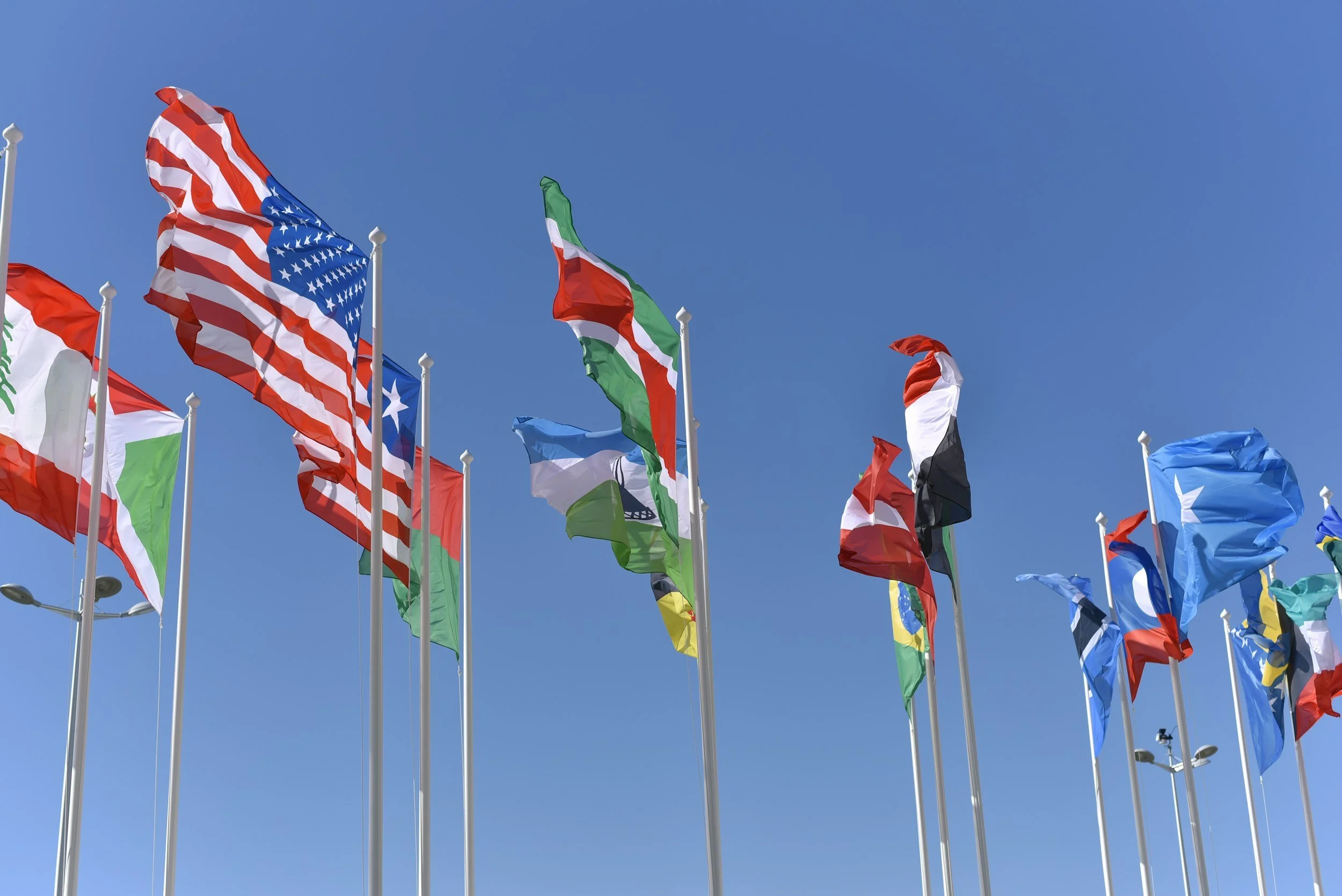Keynote talk at the State of Energy Research Conference
This year Professor Elizabeth Thurbon will be giving a keynote speech at the State of Energy Research Conference
Australia and Brazil must seize the chance for closer green cooperation
Australia and Brazil bear striking similarities, especially in recent years. It is these similarities, we argue, that make greater cooperation a major diplomatic imperative.
The immense power and importance of Australia’s newest bank
Development banks are always important for governments, especially those with ambitious visions for national progress. But they assume even greater importance in times of uncertainty and instability.
REPE Best Paper Award 2022/2023
John Mathews, Elizabeth Thurbon, Sung-Young Kim and Hao Tan
have received the REPE annual Best-Paper Award 2022/2023
Book Launch and Energy Policy Networking Event
The UNSW Digital Grid Futures Institute together with the UNSW Energy Institute are delighted to invite you to the launch of the book Developmental Environmentalism, and a lively debate about the need for a more strategic Australian response to global energy policy developments.
Developmental Environmentalism
Why has East Asia emerged as the global leader in green energy industries but - until recently - lagged on carbon emission reduction? What is new and distinctive about East Asia's approach to the green energy transition?
Australia-East Asia - Towards a Green Future
Join Asia Society-Victoria Distinguished Fellow Mr Tatsuya Terazawa, Chairman and CEO of Institute of Energy Economics, Japan and Prof Elizabeth Thurbon, Professor of International Political Economy, UNSW to assess the potential of Australia-East Asia energy relations. The panel will be moderated by the Australia Japan Business Council of Victoria.
Doing Economic Nationalism the Right Way
Not every departure from economic liberalism is as ill-advised as its advocates would have us believe. East Asia's experience suggests that if America's latest foray into economic nationalism remains focused on creating a strong, inclusive domestic economy, it will do much good for the rest of the world.
Five reasons why the government mustn’t cool its heels on an “Australian IRA”
What cause could be more important than the economic, energy, and
environmental security of the nation and the future of the planet?
We urgently need $100bn for renewable energy. But call it statecraft, not ‘industry policy’
The Smart Energy Council, the Australian Renewable Industry Package (ARIP) would dwarf the government’s existing commitments.
Australia’s national security mandates a new type of green energy statecraft
Australia has now slipped from likely leader to obvious laggard in the green hydrogen race, significantly trailing other OECD countries in terms of the actual implementation of projects. So where have we gone wrong?
To become a Renewable Energy Superpower, Australia must match its Strategic Vision with a new Green Energy Statecraft
Although Australia is generally believed to hold an intermediate ranking position in international society, the idea of Australia as an energy superpower should not seem far-fetched. Arguably, Australia is already an energy superpower - but of the ‘non-renewable’ or ‘fossil-fuel’ variety – being the world’s largest exporter of coal, and one of the largest exporters of gas and uranium.
Albanese just laid out a radical new vision for Australia in the region
Labor is framing the transition not just as decarbonisation but as a green economic boom through manufacture of electrolysers, green steel, green cement and green fertiliser. If successful, this will amount to a green industrial revolution.



















